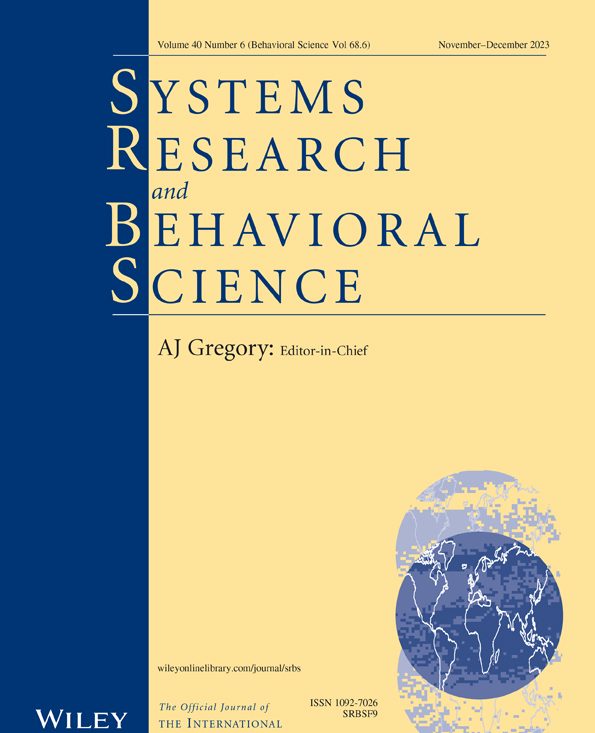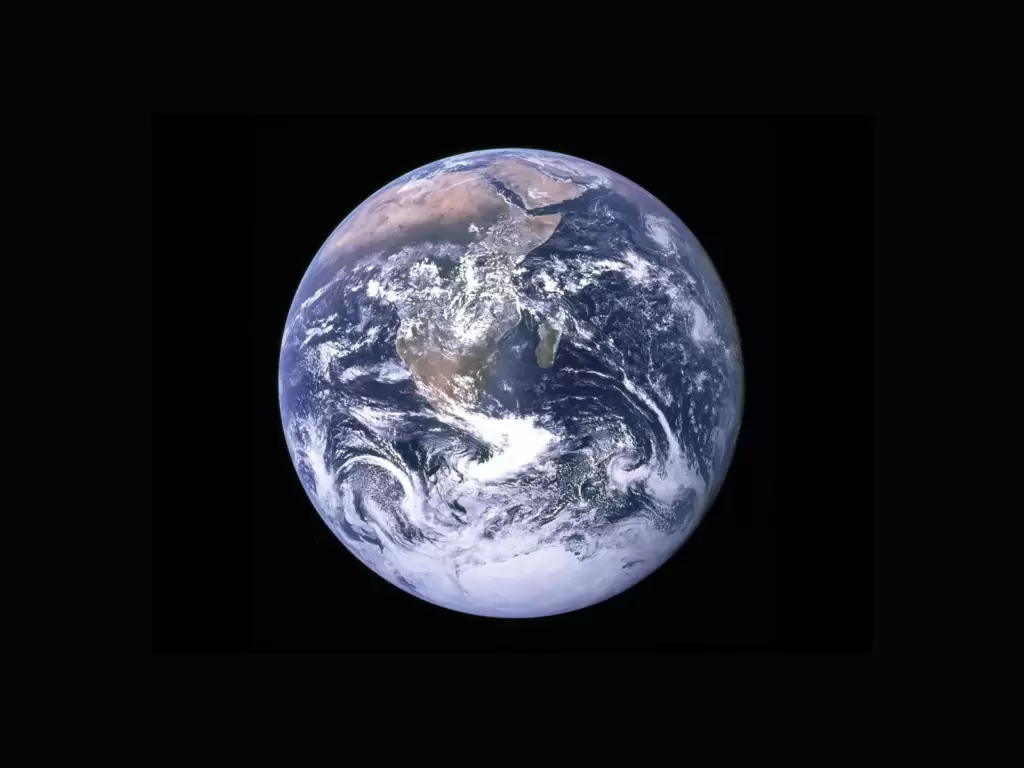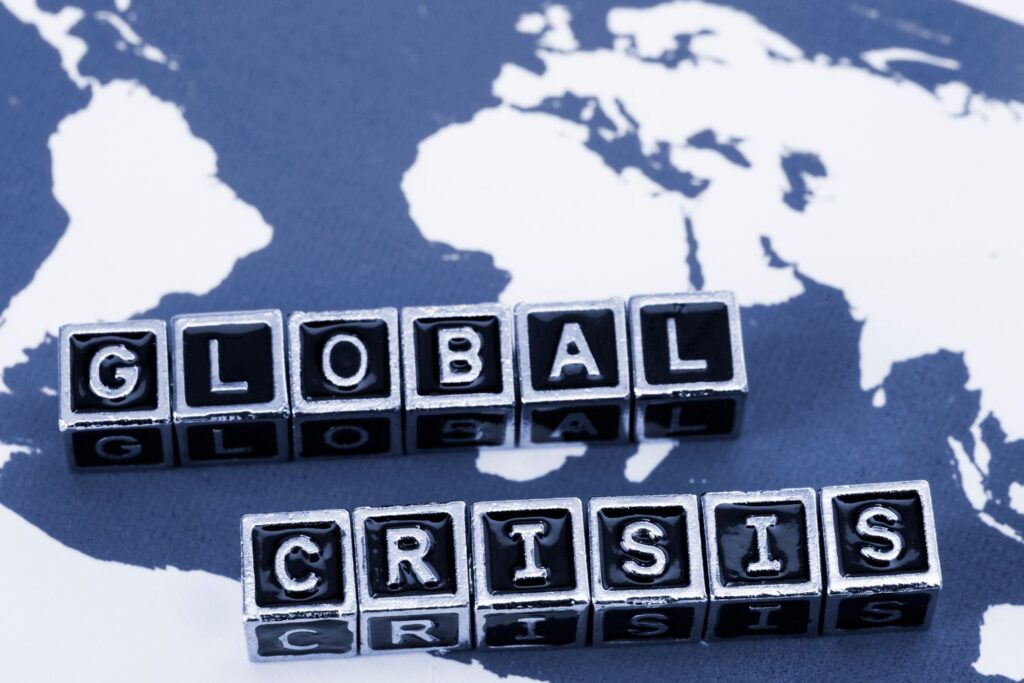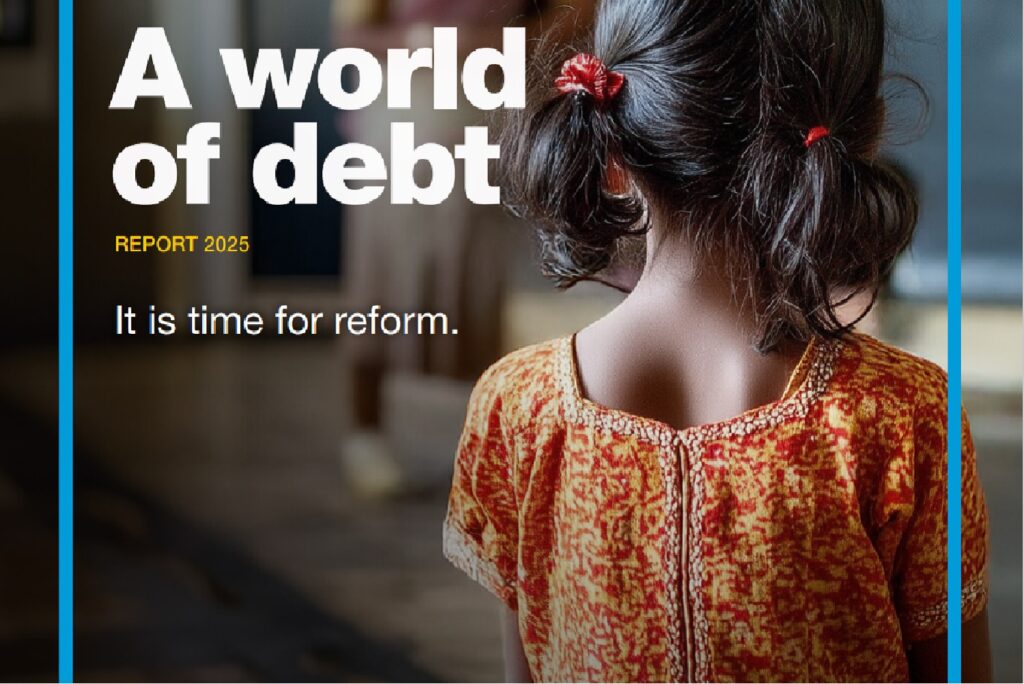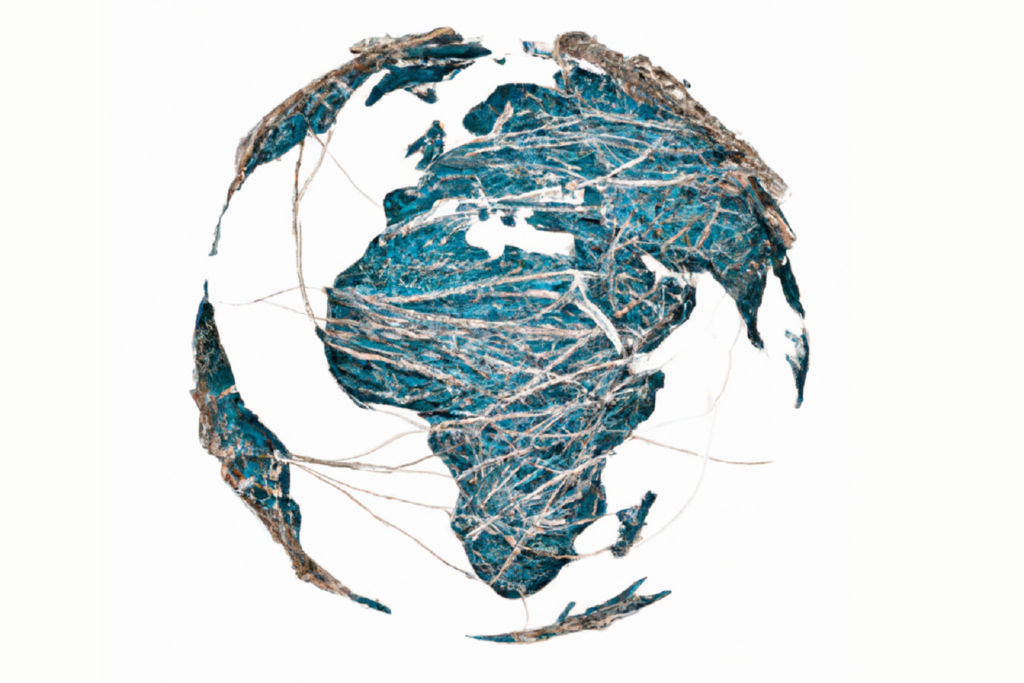Evolution of the polycrisis: Anthropocene traps that challenge global sustainability
Using expert solicitation, the authors identify 14 “evolutionary traps” (global, technological, and structural) that risk locking humanity into unfavorable (maladaptive) trajectories that seriously restrict its ability to adapt to the Anthropocene. These traps develop over four phases: initiation, scaling, masking (of harmful interactions), and trapping. The fourth phase involves one of five trapping mechanisms: constraints, […]
Evolution of the polycrisis: Anthropocene traps that challenge global sustainability Read More »


